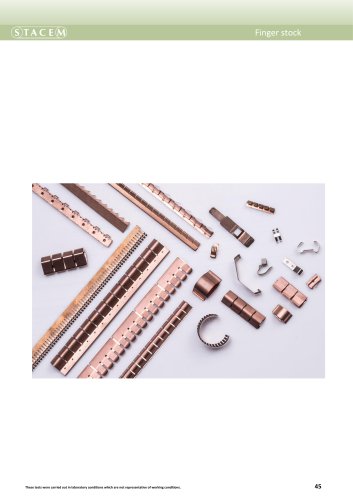
Catalog excerpts
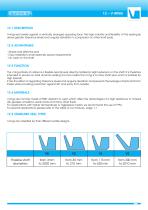
12-1 DESCRIPTION V-rings seal axially against a vertically arranged opposing face. The high mobility and flexibility of the sealing lip allows greater tolerance levels and angular deviation in comparison to other shaft seals. 12-2 ADVANTAGES - Simple and effective seal - Easy installation, small assembly space requirements - No wear on the shaft 12-3 FUNCTION The V-ring entirely of rubber is a flexible axial lip seal, directly installed in slight extension on the shaft. It is therefore intended to ensure an axial dynamic sealing and non-radial. The V-ring is a rotary shaft seal, which is suitable for high speeds. It has the effect of regulating tolerance levels and angular deviation and prevents the leakage of lubricants from inside while providing protection against dirt and spray from outside. 12-4 MATERIALS V-rings are normaly made of NBR, resistant to wear, which offers the advantages of a high resistance to mineral oils, greases, emulsions, weak acids and many other fluids. For applications with higher temperatures or aggressive media, we recommend the use of FPM. For special applications, please refer to the table of our mixtures page 1-1. 12-5 STANDARD SEAL TYPES V-rings are classified by their different profile designs. VA Possible shaft diameters
Open the catalog to page 1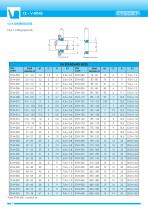
■Vi 12-6 DIMENSIONS 12-6-1 V-Ring type VA 12 - V-RING VA STANDARD SIZES ITEM CODE
Open the catalog to page 2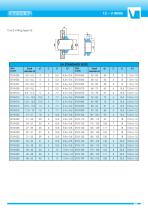
12 - V-RING \i 12-6-2 V-Ring type VS
Open the catalog to page 3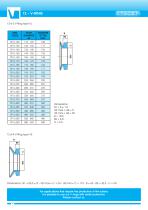
ITEM CODE
Open the catalog to page 4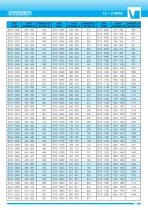
ITEM CODE
Open the catalog to page 5All STACEM catalogs and technical brochures
-
Conductive foam
2 Pages
-
Fabric Over foam
10 Pages
-
O-ring
32 Pages
-
Quad rings
13 Pages
-
Back-up rings
8 Pages
-
Bonded seals
5 Pages
-
Aseptic-seals
3 Pages
-
Cut Seals
3 Pages
-
Mousse Silicone COHRlastic
16 Pages
-
Thermal Interface
12 Pages
-
Knitted wire
6 Pages
-
Finger stock
12 Pages
-
Absorber
19 Pages
-
Filled elastomers
26 Pages
-
Thermal PAD
27 Pages
Archived catalogs
-
Shielding covers
3 Pages












